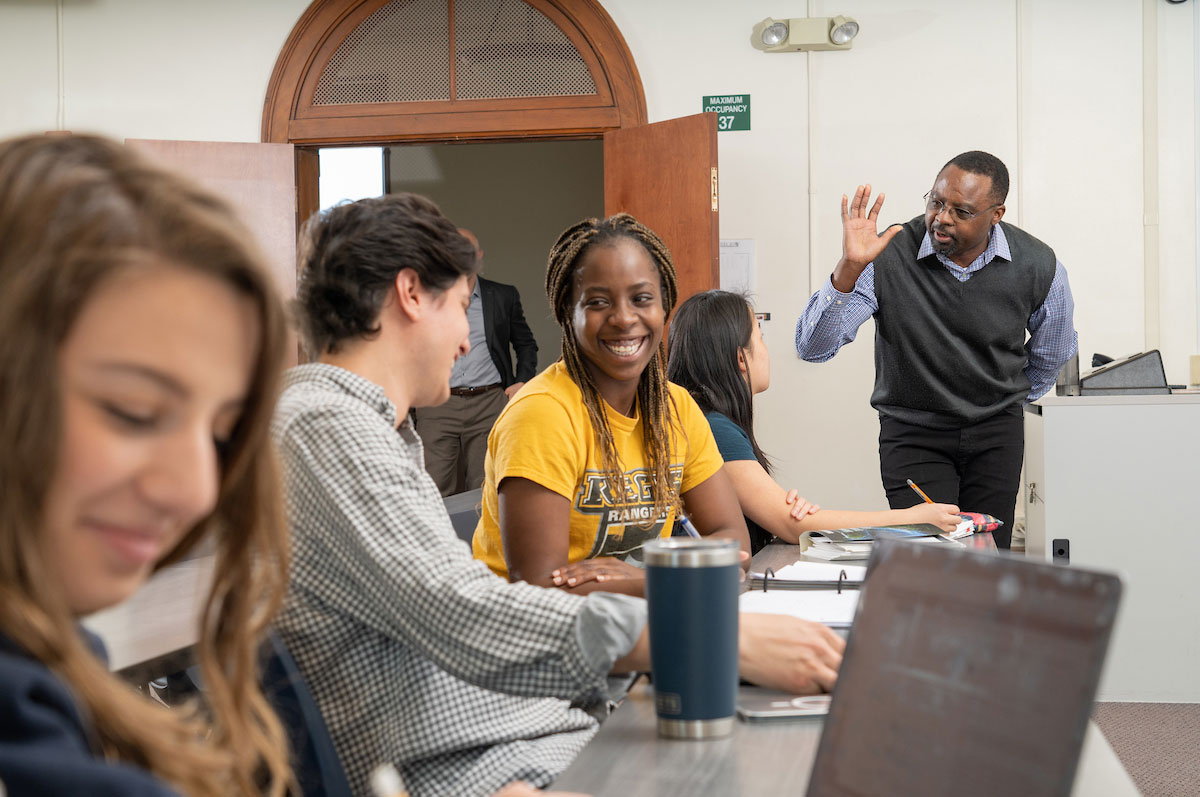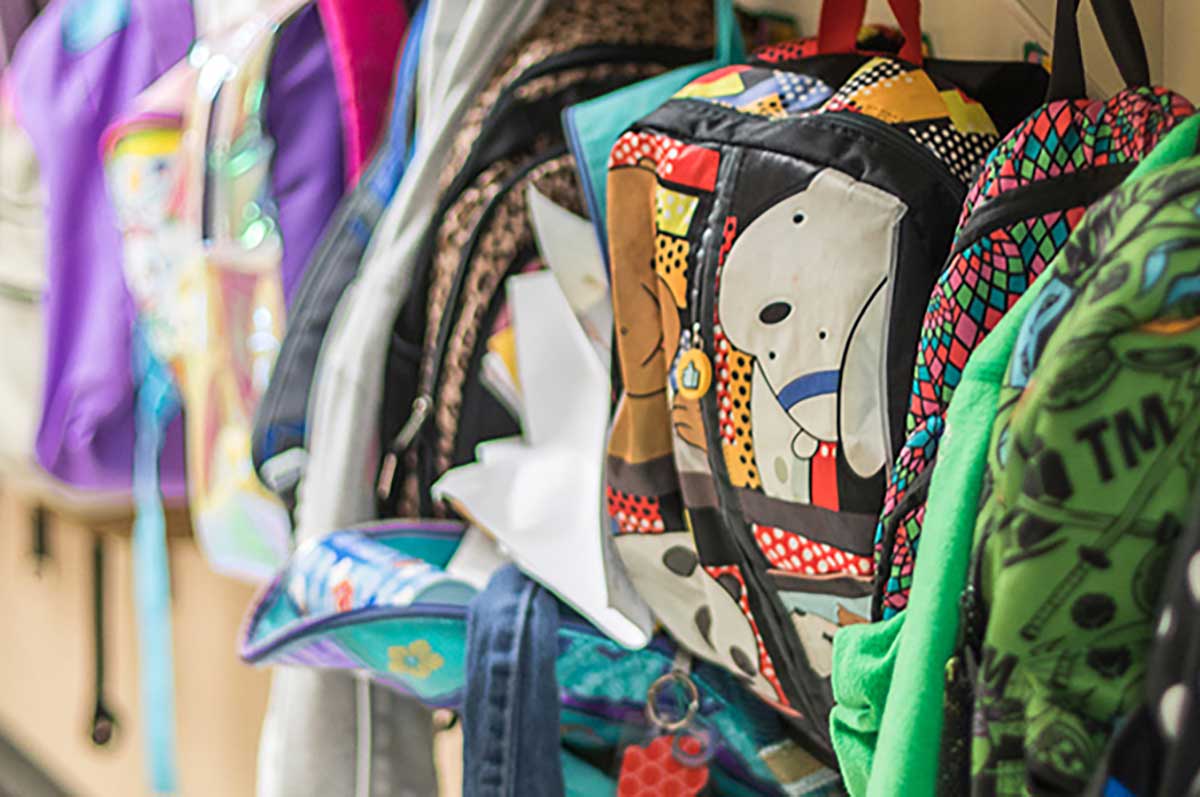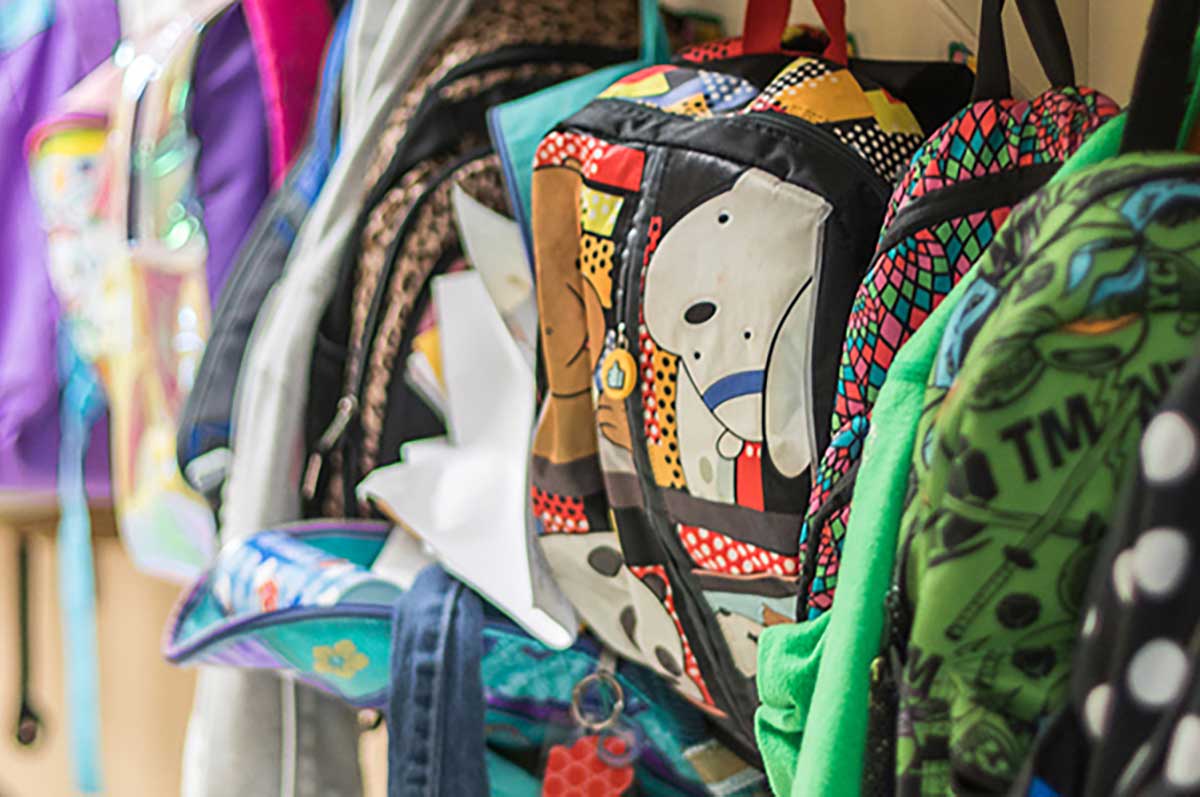Thinking about hosting a student teacher? Here is what to expect
Student teaching is a pivotal experience for aspiring educators who will soon enter the classroom full time. But what is it like to be on the other side of the experience as a cooperating teacher? Just ask Regis University student teacher supervisor Paula Humphrey, who has a chance to peer into classrooms from Steamboat Springs to Denver.
“You're kind of responsible for the next generation of teachers coming through,” said Humphrey, an assistant professor and the Program Coordinator of the Undergraduate Elementary Teacher Licensure Programs at Regis. “I think that's super important.”
Humphrey regularly finds that cooperating teachers get as much out of the experience as they give to their student teachers.
“Students are coming out of school with latest and greatest strategies,” she said. “So, often, I've heard teachers say, ‘I learned so much from my student teacher.’ I think they can learn from each other.”
So, what should you expect from hosting a student teacher? Humphrey offered the following insights.
Before your student teacher starts, Humphrey said, “we reiterate, this is your classroom, your rules.”
During the experience, cooperating teachers and universities partner to supervise student teachers. Both take part in evaluations twice a year. Regis supervisors also observe the classrooms several times during the semester.
As you prepare, “the biggest thing, and the hardest thing: Teachers have to be willing to let the student teach. In order to do that, they're going to have to see some failures,” Humphrey said. “So, feedback is the number one thing.”
Student teachers will start small. “What they do the first few weeks is listen and engage and get to know the students,” Humphrey said. “Then, they start taking a small group, and then maybe two small groups.”
Universities generally follow the host district’s preferred student teaching method, either by working with collaborating teachers through a co-teaching model or gradually releasing the classroom to the student teacher.
Prepare your classroom ahead of time. Tell your students how the process will work before the student teacher begins. “It's very hard to come in and say, ‘OK, hi, now I'm your teacher.’” Humphrey said. “What we encourage the cooperating teachers to do is say that there is going to be another teacher in the room who is going to be the teacher in charge. Set the expectations of respect.”
Your student teacher will shadow you throughout the day. In addition to working in the classroom, student teachers participate in additional meetings and tasks with their cooperating teacher.
“Our student teachers are guests in the classroom,” Humphrey said. “So, if [the cooperating teacher is] going to a professional development session, they go. If they're going to a parent-teacher conference, they go. They're more of a mentor for that 16 weeks.”
Embrace having an extra set of hands. As student teachers take on more responsibility in the classroom, teachers gain more time for other important tasks.
“If they're taking over the class, you're pulling your small groups and giving that intervention that you need if you're a teacher,” Humphrey said. “So, I think that's super helpful.”
During remote learning, many cooperating teachers leaned on their student teachers’ knowledge of the latest educational technologies.
“They're very open to that — they want them to help them with the remote learning,” Humphrey said.
Are you ready to rise to the challenge of acting as an advocate, a resource and an inspiration for students and your colleagues alike? Explore opportunities to lead with a graduate degree in education from Regis University.


